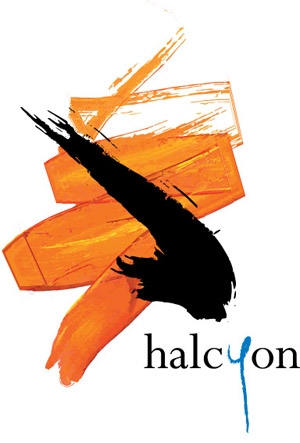STAR CLUSTERS
Halcyon & Flinders Quartet
Verbrugghen Hall, Sydney Conservatorium of Music
Sydney Morning Herald, August 2006
Reviewed by Peter McCallum
IT LOOKED like a marriage made in heaven, though it was made in Melbourne. Sydney's sophisticated contemporary vocal duo Halcyon flew south this winter to team up with the Flinders Quartet, whose players bring such care and unanimity of musical thought to Australian chamber music.
The result was performances of sensitive concentration and rewarding attention to tone and detail. We should be sending young people like this to the world's festivals to demonstrate the breadth and depth of our culture, but the reality is that artists with this kind of dedication are often left to make things happen more or less by chance, sustaining their art on what must often seem like arid soil.
That is probably not the kind of isolation Peter Sculthorpe had in mind in 1961 when he wrote the work that was to become an Australian contemporary music classic, Irkanda IV (irkand is an Aboriginal word meaning a remote and lonely place), though metaphors have a way of taking on unintended meanings.
The Flinders Quartet began with the arrangement Sculthorpe made for the Kronos Quartet, playing with beautiful balance and intonation, and capturing the work's subtle colour changes. Three Poems in French, by the Korean-American composer Earl Kim, evoked the meter-less song style of Debussy over chords of subdued richness, and Jenny Duck-Chong made the lines glow with regret, as though to show that regret is warmer than despair.
The song cycle It is Just the Heart, by the Melbourne composer Katy Abbott, revealed an original voice, setting texts that capture a child's perspective in a museum and, metaphorically, humanness in an imposing universe.
In handing beautifully pitched and tonally matched single notes to one another, soprano Alison Morgan and the Flinders Quartet highlighted precisely the kind of musicianship which lifted these performances from the ordinary.
Gillian Whitehead's Bright Forms Return (sung by Duck-Chong) disturbed the calm poetic eloquence of Kathleen Raine with extended instrumental interludes while Somei Satoh's Homa (with Alison Morgan) sought the kind of stasis which stretches a single moment into eternity. May these performers share many such moments.

